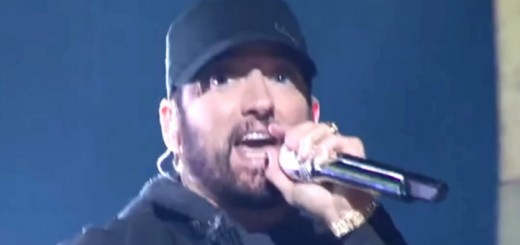Election Defeat Signals a Decline in Obama’s Political Influence
The 2024 election marked a significant political shift as Donald Trump secured a decisive victory, claiming the Electoral College by an impressive 312 to 226 margin.
Not only did Trump dominate the Electoral College, but he also became the first Republican to win the popular vote—by nearly three million—since George W. Bush in 2004.
This landslide win underscores a clear mandate from the electorate and a moment of reckoning for the Democratic Party.
Barack Obama, who had been a staunch advocate for Kamala Harris throughout her campaign, framed the election as a test of character and conviction rather than policy.
However, the outcome has undeniably weakened Obama’s influence as a guiding figure within the Democratic Party.
His legacy, already under strain, now faces greater challenges as the party finds itself sidelined in Washington, D.C., until at least the 2026 midterms.
The defeat is seen as a continuation of the political upheaval initiated by Trump’s initial victory eight years earlier, which reshaped the Republican Party and set new dynamics in motion.
This time, the fallout has been even more profound for Democrats, with many calling for fresh leadership and a complete overhaul of strategy.
According to reports from the Washington Examiner, members of the Democratic Party are urging a break from reliance on past figures and strategies, pushing instead for innovative approaches to reclaim their footing.
To counter Trump’s influence and prepare for the next presidential race, Democratic governors have joined forces to form a coalition called Governors Safeguarding Democracy.
The group aims to strengthen the party’s infrastructure and build a stronger opposition platform.
Former Homeland Security Secretary Jeh Johnson has also weighed in, emphasizing the need for Democrats to move beyond nostalgia for their “glory days” and focus on a future-oriented strategy.
As the party regroups, the coalition of Democratic governors is already positioning itself as a launchpad for potential presidential candidates in 2028.
While the road ahead is challenging, the party’s efforts to rebuild and modernize its approach signal a determination to adapt and evolve in the wake of 2024’s seismic political shift.
What do you think the Democrats’ next steps should be? Share your thoughts below.




























